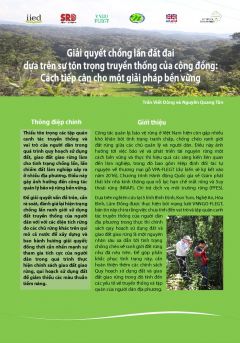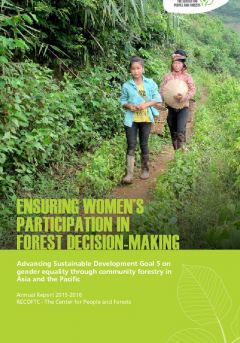Land in German Development Cooperation
The publication offers an overview of different aspects of the highly complex field of land policy and land management providing the reader a number of principles, concrete tools and examples for dealing with land related problems in the German Development Coorperation.











